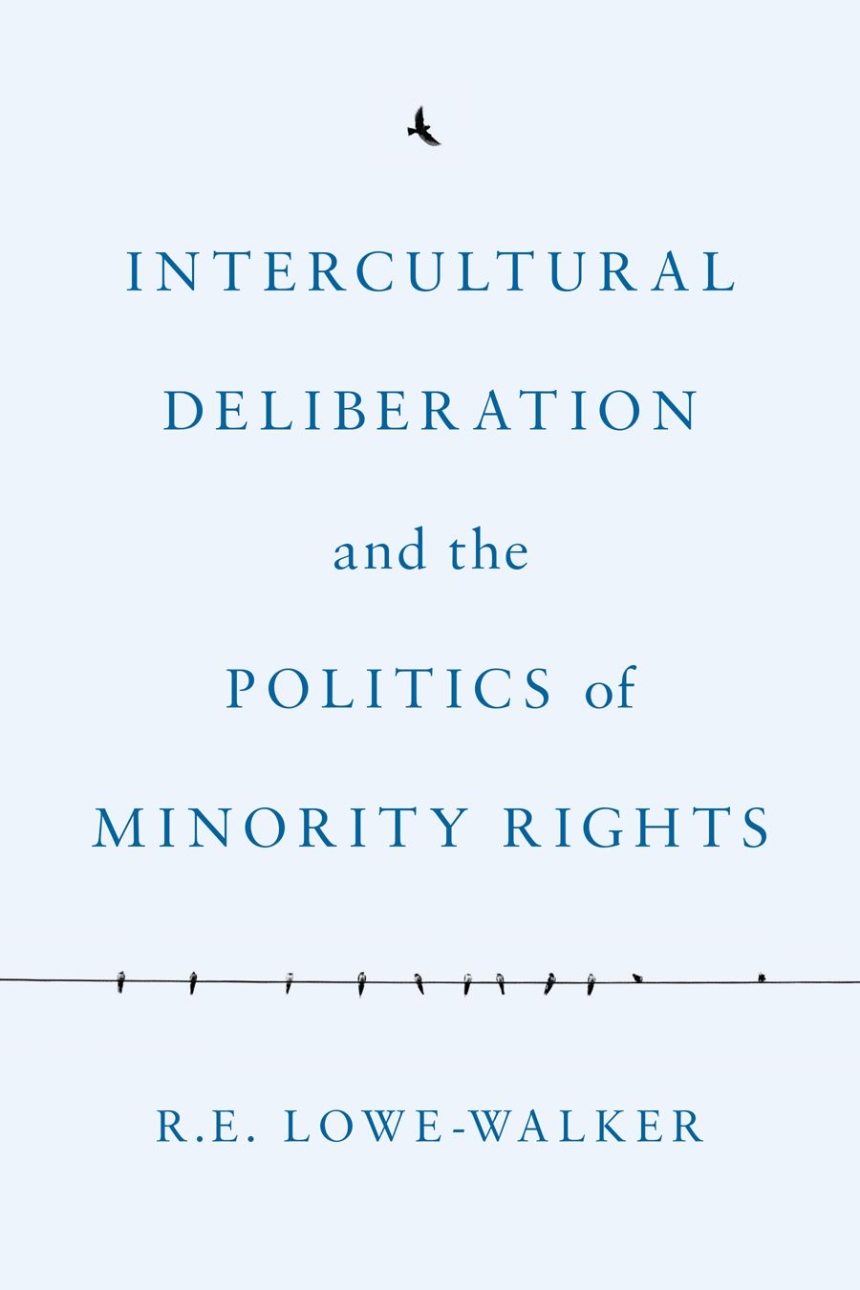University of British Columbia Press
Intercultural Deliberation and the Politics of Minority Rights
9780774832854
9780774832847
Distributed for University of British Columbia Press
Intercultural Deliberation and the Politics of Minority Rights
Achieving socio-political cohesion in a community with significant ethnic, cultural, and religious diversity is a challenge in contemporary liberal democracies. Public policies and institutions shaped by the needs of the majority can inadvertently marginalize minority interests. Intercultural Deliberation and the Politics of Minority Rights articulates a type of political deliberation designed to mitigate this problem. Instead of asking what the liberal state can tolerate, R.E. Lowe-Walker asks how our understanding of difference affects our interpretation of minority claims, shifting the focus toward inclusive deliberations. This important work serves as a measure of social justice and a vehicle for social change.
236 pages | © 2018
Table of Contents
Introduction
Part 1: The Politics of Paradox: A Perennial Problem
1 Cultural Difference and the Minority Rights Paradox
2 Liberal and Non-Liberal Worldviews
Part 2: Intercultural Deliberation: An Innovative Approach
3 Deliberating Difference
4 Public Reason
5 Political Identity
6 Intercultural Deliberation and the Minority Rights Paradox
Conclusion
Notes; Bibliography; Index

